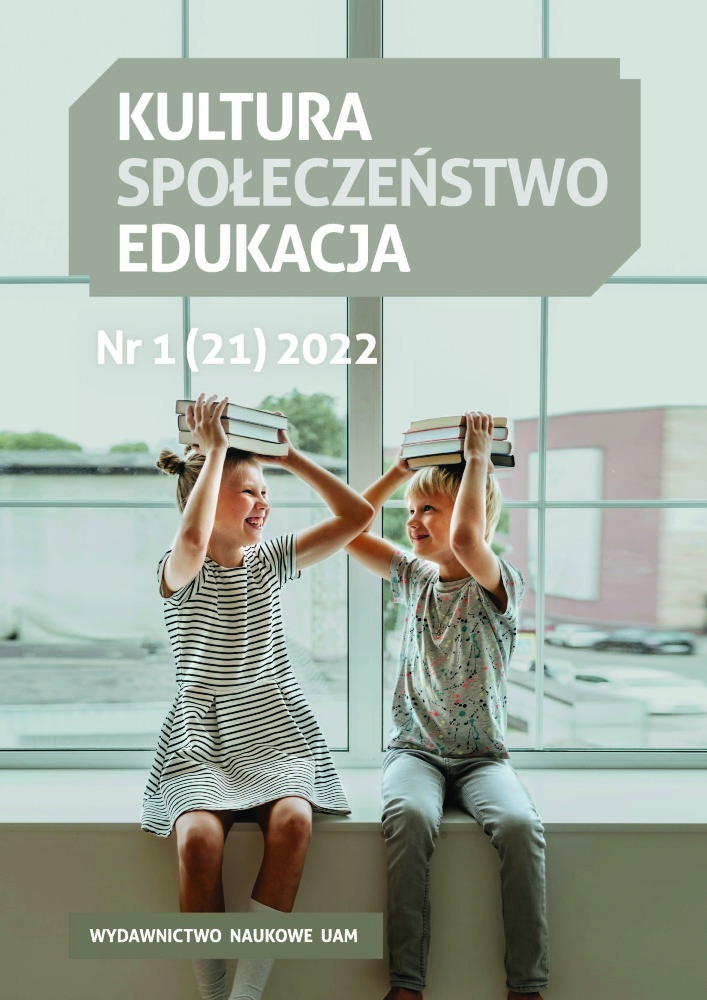Abstrakt
Democratic and governmental transformations require students to develop numerous civic skills that will allow them to fully participate in adult life and enjoy all civil rights. They constitute a very important link in the school education cycle, but above all, in civic education. The student government creates one of the most important forms of social activity available to students, which allows them to develop, among others, organizational skills. It also furthers the child’s development. Active participation in the student government is an indicator of students’ self-awareness and development; it directs their activities towards cooperation and readiness to carry out tasks for the benefit of the school community. However, despite numerous educational aspects, creating optimal conditions for the functioning of the student government is the most difficult task of a modern school (Sowisło, 1996, p. 7).
Bibliografia
Bohucki, J. (1947). Samorząd uczniowski. Wydawnictwo Józefa Nawrockiego.
Dymara, B. (2001). Dziecko w świecie współdziałania. Oficyna Wydawnicza „Impuls”.
Muszyński, H. (1967). Podstawy wychowania społeczno-moralnego. Wydawnictwo PZWS.
Radziewicz, J., Mirgos, M. (1988). O samorządności uczniów w procesie wychowania szkolnego. Wydawnictwo Nasza Księgarnia.
Sowisło, M. (1996). Funkcje samorządu uczniowskiego – założenia i rzeczywistość. Wydawnictwo Naukowe WSP.
Ustawa z dnia 14 grudnia 2016 r. – Prawo oświatowe Dz.U. 2021 poz. 1082 z późn. zm. (2021) (Polska).
Zaborowski, Z. (1960). Problemy wychowania społecznego w szkole. Wydawnictwo PZWS.
Licencja
Prawa autorskie (c) 2022 Monika Kiszka

Utwór dostępny jest na licencji Creative Commons Uznanie autorstwa – Bez utworów zależnych 4.0 Międzynarodowe.

